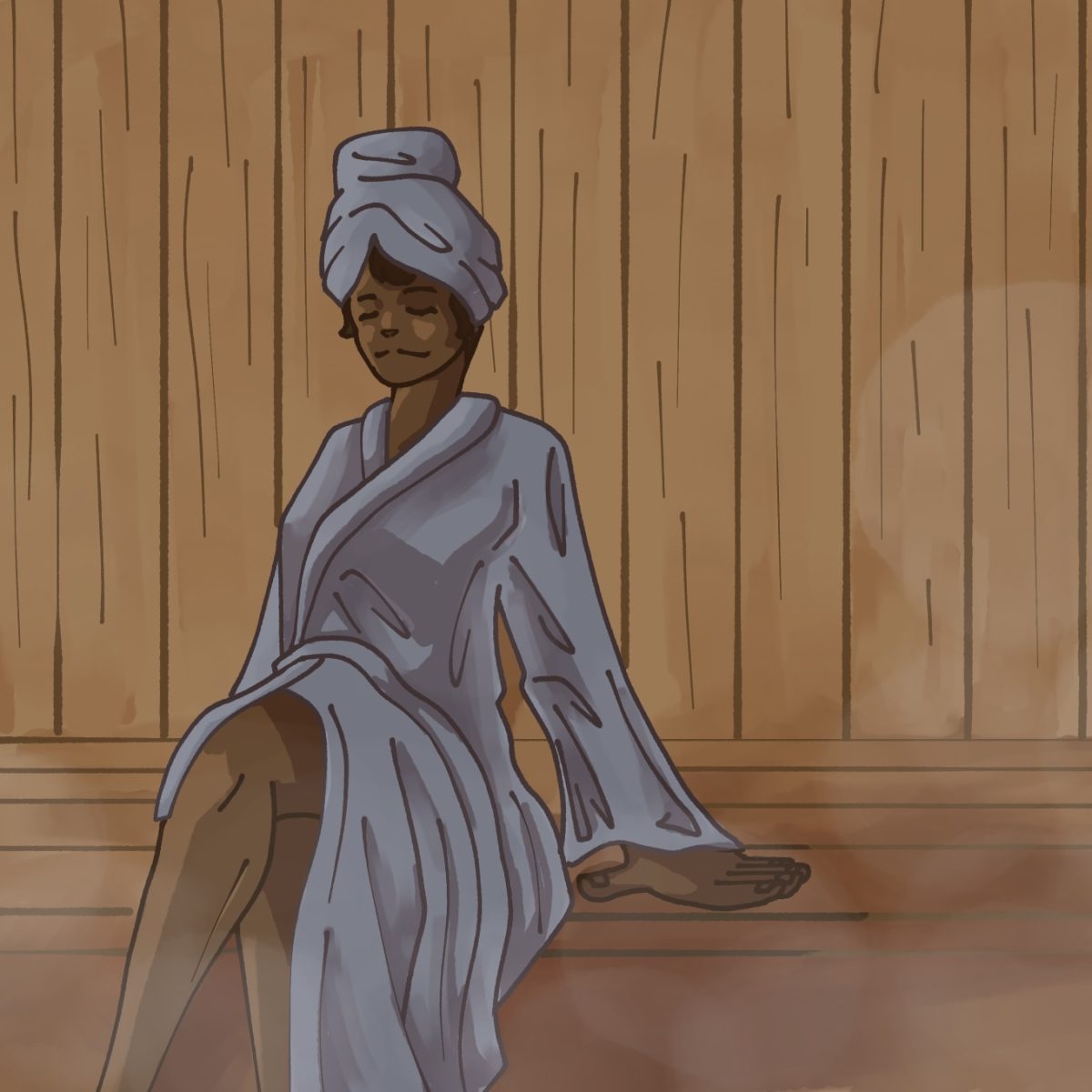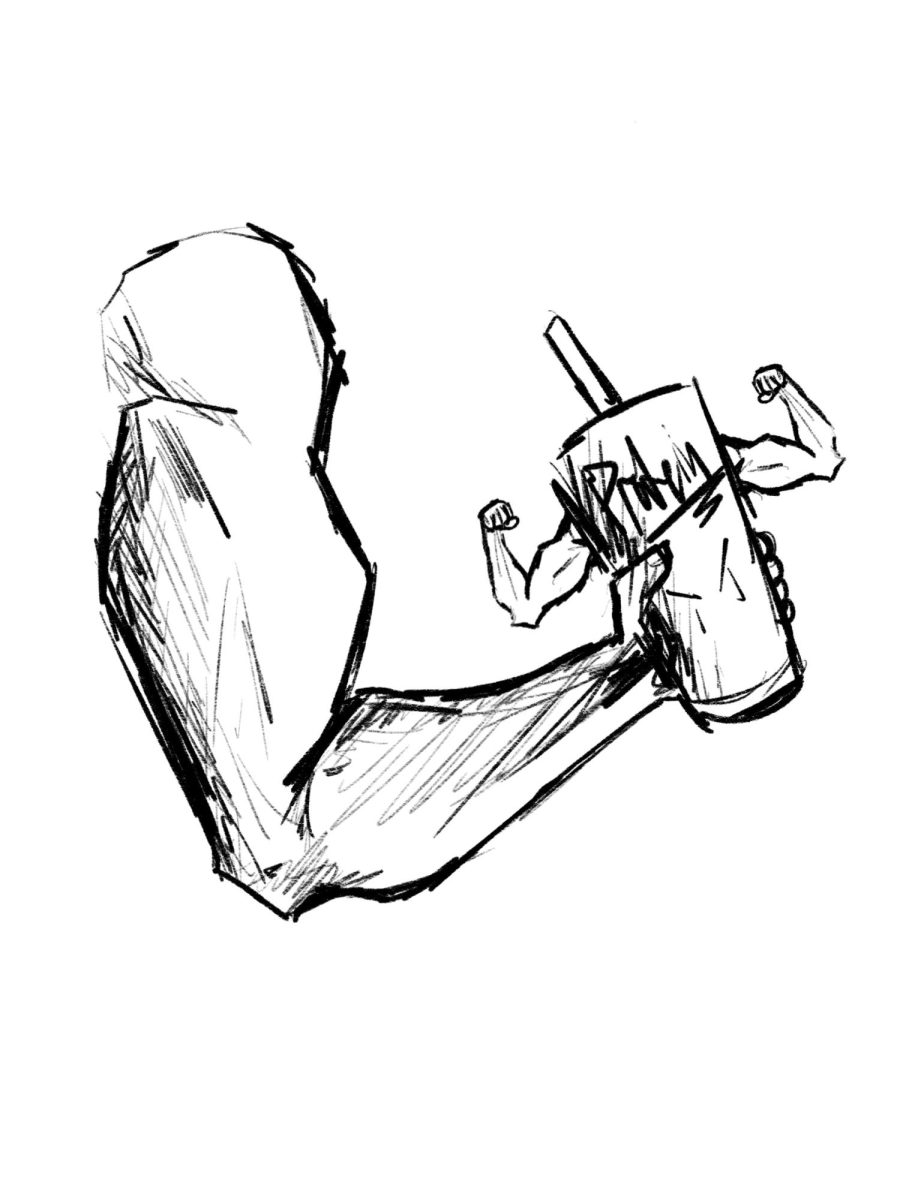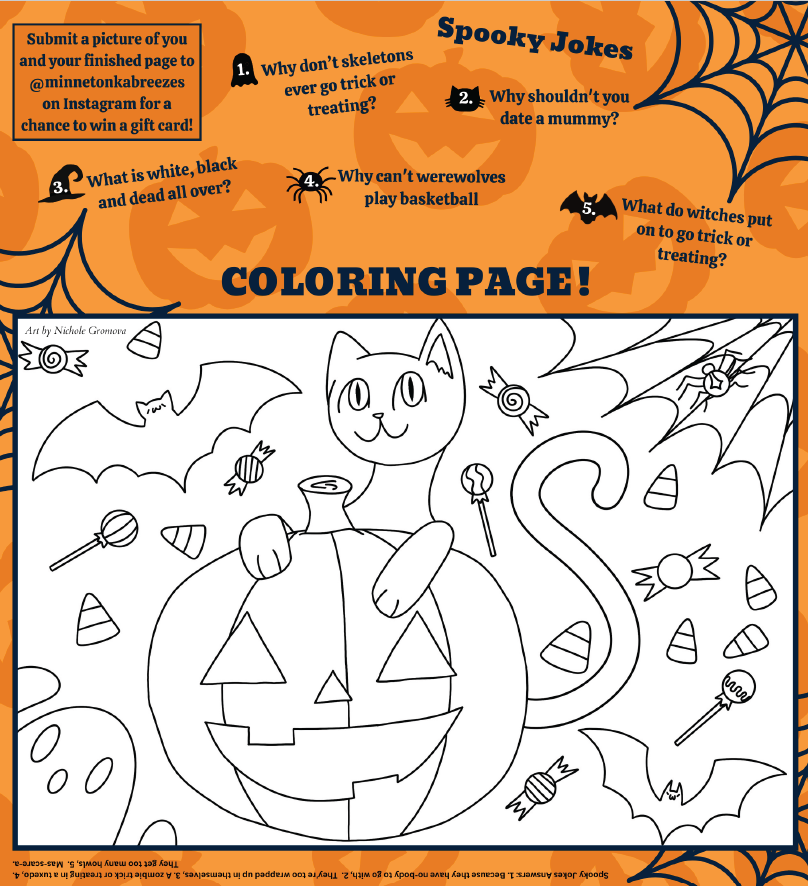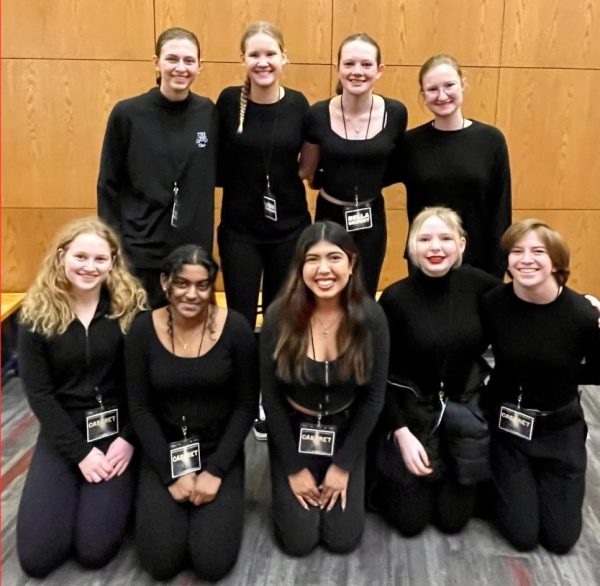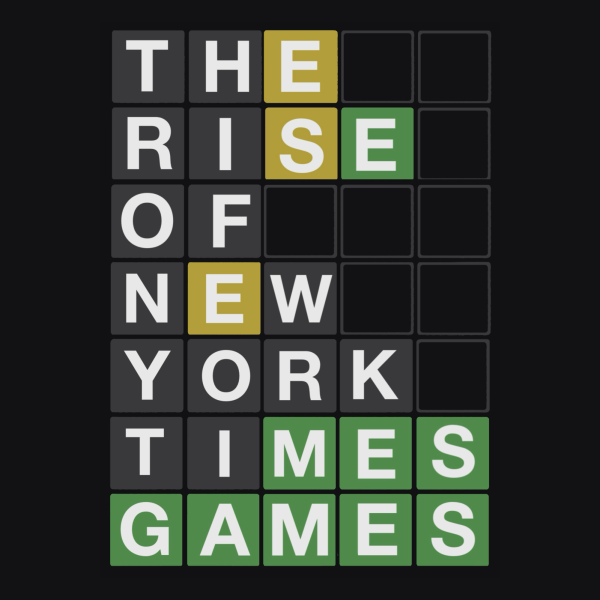Minnetonka Research: A Year in Review
May 21, 2021
Over the years, Minnetonka’s Advanced Research program, a unique opportunity for students to pursue projects in their field of interest, has helped numerous students gain valuable technical experience, prepare for college, and develop vital skills in professionalism and communication.
Minnetonka Research Alumni Jai Chadha, ‘20, described the program as “incredibly useful, providing [him] with necessary communication skills and affording [him] an enhanced approach when it comes to solving problems.”
Currently pursuing his Bachelor’s Degree at Yale, Chadha is majoring in Computer Science and Economics with a minor in Statistics and Data Science.
Fellow Research Alumnus Luke Bunday, ’18, now attends Princeton, majoring in molecular biology and minoring in Chinese.
Bunday professed that Research was “without a doubt” the “most innovative and dynamic” class he took, as it exposed him to “the troubleshooting and collaboration of scientific research” in a way that left him feeling “confident to continue to engage in it subsequently.”
After graduating from Princeton, he hopes to attend graduate school and pursue research at the ideological intersection of molecular biology and climate science.
Current MHS senior and future Columbia student Steven Wang, ’21, has worked on his research project over the past school year, conducting an engineering project with legal applications. His project, “Examination of Natural Language Processing for Courtroom Semantic Analysis,” involves coding a voice-automated database that can be used by lawyers during trials.
Wang said he has “always been passionate about justice issues, especially as a high school debater and wanted to combine that with a scientific element.”
Using this passion and the opportunity provided by Minnetonka Research, Wang said he “bridged computer science with law to create a prototype that can speed up our current court system and create social change.”
He presented his work at the Twin Cities Regional Science Fair, and subsequently qualified to present at the Minnesota State Science and Engineering Fair.
Madison Andrews, ‘22, is a second-year Minnetonka Research student who is studying the viability of her own method of detecting E. Coli in solid food using ammonia instead of the traditional indole. Her project, “Safe Food: Developing a New Detection Method for E. coli Using Ammonia for Adaptation to a Field Test,” won the Graduate Women in Science Projects Award at Regionals, as well as a first place Ecolab Food Safety Award, a first place Institute of Food Scientists award and an honorable mention in the 3M innovation award at the State Fair.
In developing her research plan, Andrews explained that she was “originally interested in the detection of odorants with an artificial nose, of which indole is one, and then found that it was part of an E. Coli test.” She then “looked at the reaction mechanism between E. Coli and an amino acid that produces the indole to be detected and found that it also produces ammonia.”
Discovering that the current test isn’t sensitive enough to prevent outbreaks and that other methods are very expensive, Andrews wondered why that hadn’t been tried before as a possible improvement.
Throughout his experience with Minnetonka Research, Wang has found that “unlike other classes, Minnetonka Research will prepare you immensely for the real world,” as students are able to “consistently develop [their] professionalism and public-speaking while also creating tangible resources for [their] future [such as] resumes, LinkedIn profiles, research papers, etc.”
Andrews shared similar thoughts and said she “joined the program in [her] sophomore year with no idea how to operate a centrifuge, and by this time 2 years later, [she has] enough knowledge to think of next steps and run most lab protocols by [herself].”
Furthermore, Wang said that the research experience is “highly applicable for college and job applications.”
During the college application process, Wang decided to speak extensively on the research process he underwent during one of his essays. He said that “although nothing is for certain, [he] do[es] attribute many of [his] college acceptances and opportunities to the experience and achievements research has provided [him].”
Andrews also touted the numerous benefits of research, explaining that “hands-on experience in a lab will be really helpful going into college and getting a position in a science laboratory.”
In addition, Andrews expressed gratitude for the communication skills and connections to mentors gained through this experience, noting that they would help her in “applying for internships or college in the future.”
In regards to balancing research work with other classwork and extracurriculars, Wang said that “the workload for Research is what you make of it,” noting that it was “very manageable so long as [one is] efficient with [their] time and determine a reasonable workload/schedule from the beginning of the year.”
He explained that “intellectually ambitious [students] may choose to dedicate hours a week in the lab. If [one] take[s] on a more timely, manageable project, [one] may find [his/herself] with a lighter workload than [his/her] peers. Ultimately, [the student] determine[s] [his/her] deadlines, and [the student] determines the steps to meet them.”
Though her project also included a lab component, Andrews still believes research was manageable with her own extracurriculars and schoolwork.
“The great thing about this course is that it’s self paced, so the workload is really up to you,” she said. Also an IB diploma candidate, Andrews confessed that “doing work outside of class is definitely a lot of what I do, especially during COVID, but I do a lot of lab time on the weekends and on MAST days in addition to class time and ‘paperwork’ or analysis during class, so it all works out.”
Research has proved to be an invaluable experience for many Minnetonka students.
Like Wang said, “Minnetonka Research is an incredibly unique program with resources that are unmatched by any other high school. You are provided with lab equipment and professional skills that you will not see in any other class.”
Andrews is especially thankful for the “awesome support system” of research instructors and mentors in the program. She gave a “special shoutout to Mrs. VanDriel because, without her expertise, we would all be so very lost in the world of science experiments and without access to the lab on weekends and at odd hours.”
“In all honesty,” Andrews admitted, Minnetonka Research “is the best class I’ve taken at school because it’s self-directed and provides invaluable hands-on experience in science.”
Wang encourages those who “are looking for a unique, real-world experience in your high school education” to join Minnetonka Research.


